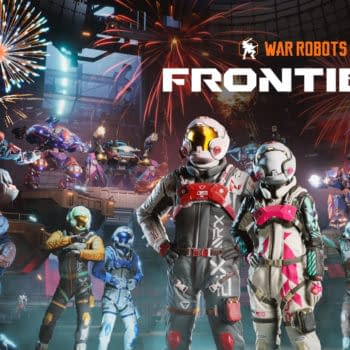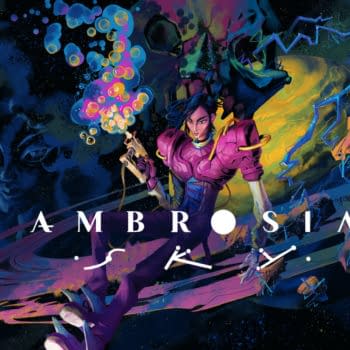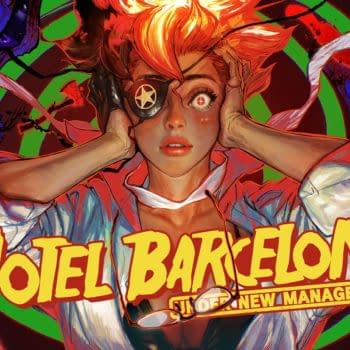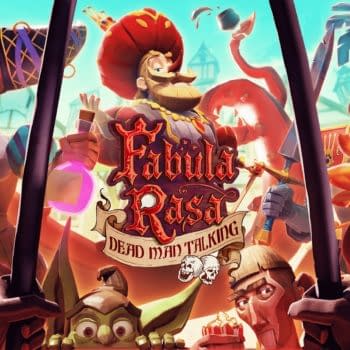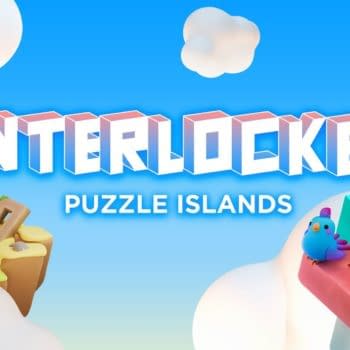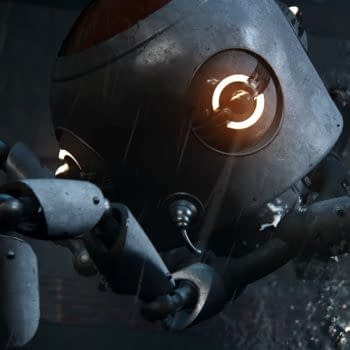Posted in: Games, Video Games | Tagged: A Plague Tale: Innocence
Interview: A Plague Tale: Innocence Game Director Kevin Choteau
Probably one of the more interesting games to come out this month has to be A Plague Tale: Innocence from Focus Home Interactive. The game has you running through a plague-stricken land as two siblings try to escape the rats, the people, and the disease that surrounds them. As part of the release, we got to chat with Kevin Choteau, the Game Director from the development company Asobo Studio to talk about the story and the challenges presenting in creating the game.
Kevin Choteau

BC: How did the concept of the story come about between the two siblings who barely know each other and need to rely on the other to survive?
KC: We wanted to tell a story about family right from the beginning of the project. It's a deeply emotional and universal topic that speaks to us all, wherever we come from. The fact that Amicia and Hugo barely know each other was a narrative choice to help the player follow Amicia's coming-of-age journey and to see her relationship with her brother Hugo evolve. A way to build the narrative arc with the player feeling involved, not as an external witness of something that does not mean anything to them. You evolve with Amicia in the way that Hugo goes from being a burden to the most important thing in her heart, and that was interesting to explore.
What was the influence on having a bit of a supernatural spin to what's happening on this point in time?
In fact, to us, there is nothing supernatural in the first place. It can be interpreted as the vision of an intangible disease seen through the eyes of children. They create a fantasy because they are scared, lost, in shock. And in the middle of the 14th century, science and beliefs were not the same as today.
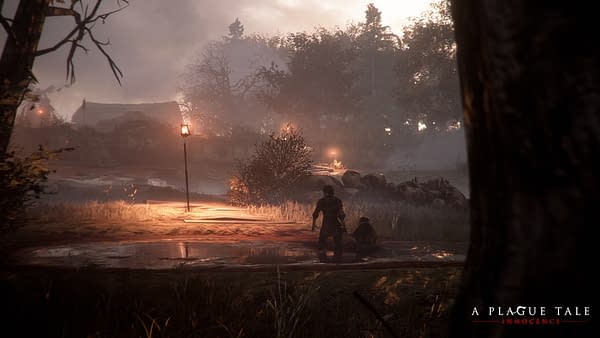
When did you decide to make the game more about stealth and survival than just attacking and killing enemies?
It is the natural result of who the heroes are. They are kids, they have no chance to survive against the other protagonists if they fight them directly. And naturally, innocence pushes the children to find other ways to move forward. So it was pretty obvious we would not push them to become warriors. For immersion as well as consistency, it was a clear choice.
What was it like designing mechanics to help tell that story and make it appear as if the two characters trust each other naturally?
Quite challenging! Every gameplay element in the game was designed to serve the narration. As an example, to give feedback on the relationship status between Amicia & Hugo we decided to work on their hand-holding, since it created a link and when suddenly Hugo releases the hand there's an instantaneous reaction from Amicia, often saying what the player has in mind ("stay there… what are you doing?!").
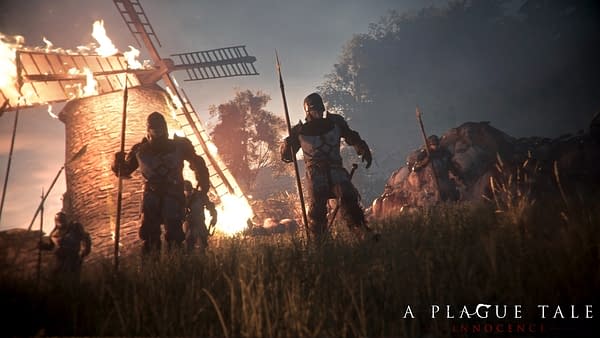
What made you decide to throw in the last safe spot so that you can pick up right where you died rather than running the level again?
Since the game is really focused on the narration and there's no life gauge in our game (you die in one hit) it was not really fun to replay a whole level section again and again since that could create frustration.
How did you end up deciding to make the rats in the game their own kind of villain, and was there any kind of game or story you based it on?
The master piper of Hamelin speaks to anyone for sure. But our main inspiration was just learning about the Black Plague, knowing that at that time, some people thought the rats spread the Plague. We took this as a starting point: find a menace that would not be human, that would be out of control, spreading everywhere like a tsunami, infecting everyone and that the adults would fear too. It worked far better than we thought during prototyping and it was evocative. You could say the rats themselves chose to be in the game.
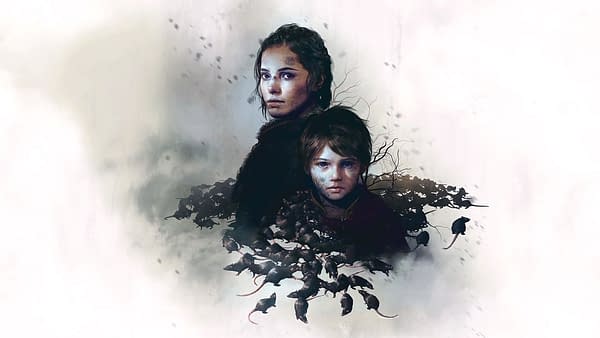
Are there different paths the players can take to get to the end with different endings, or is this more of a singular journey?
The game is a linear story-driven experience – in a positive way, we hope! We wanted to tell a tale above all. That said, sometimes you will have the opportunity to explore different ways to solve a problem.
What do you hope people take away from the game when they play it?
We hope they will care for Amicia and Hugo. We hope it will remind them of people they love, perhaps also think about what they would have done if they had to face this alone in their life. And finally, maybe find their own moral to the tale.





